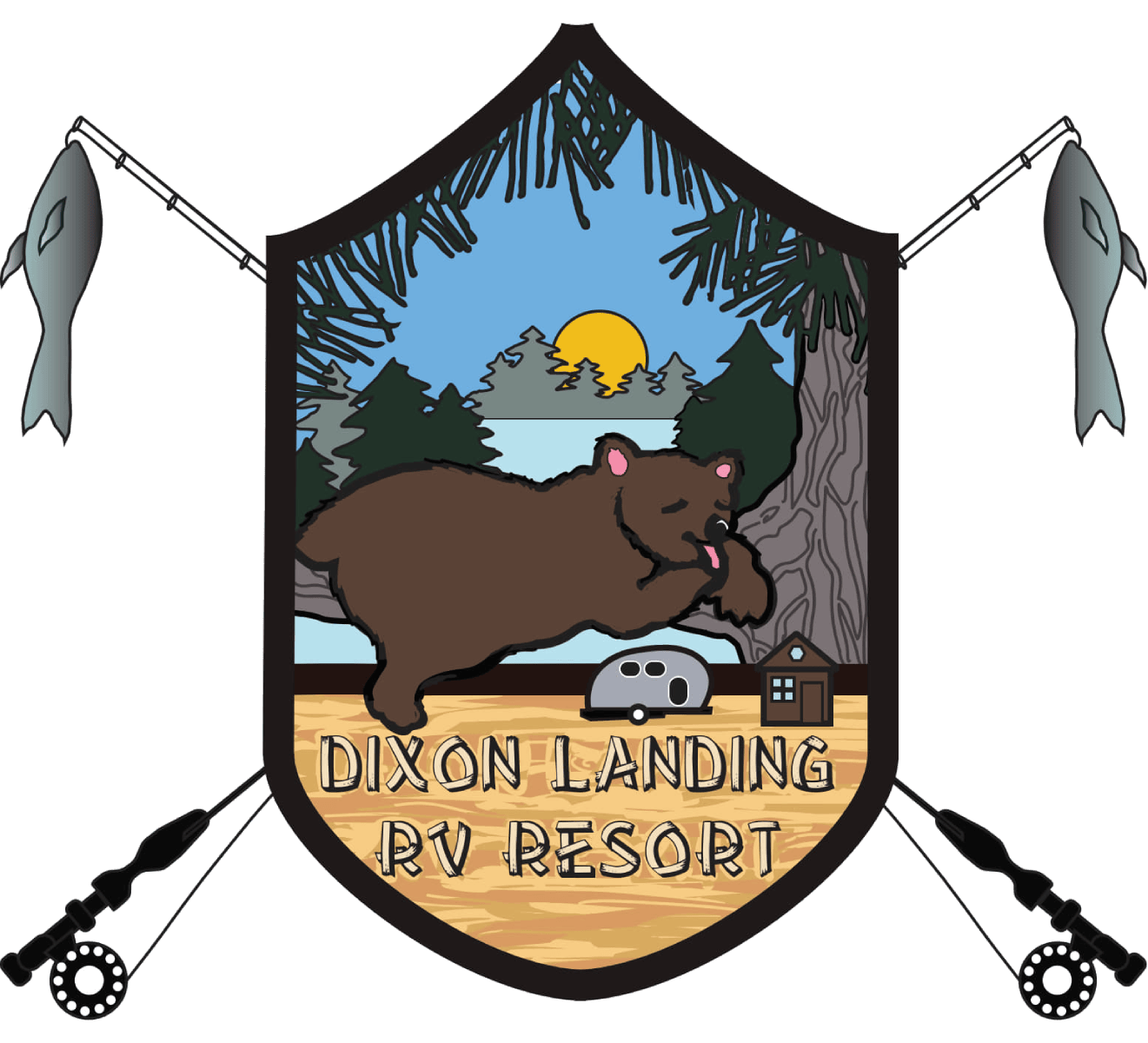Exciting Adventures
Traveling in an RV for the first time can be an exciting adventure! Here are some helpful tips for beginners to ensure a smooth and enjoyable RV trip:
1. Plan Your Route (But Stay Flexible)
Research campgrounds: Not all campgrounds accommodate RVs of every size. Check for RV-friendly parks with hookups (water, sewer, electric).Know the roads: Some roads are not RV-friendly due to low overpasses or narrow lanes. Use an RV-specific GPS or apps like RV Life to avoid surprises.Build in flexibility: Give yourself time to explore unexpected places or rest longer when needed. Don’t over-schedule.
2. Understand RV Hookups
Water, sewer, and electric: Familiarize yourself with how to connect and disconnect these essential systems. Practice setting up the RV before your trip.Bring adapters: Different campgrounds may offer 30-amp or 50-amp hookups. Carry appropriate adapters for your RV’s electrical system.Water pressure regulator: Protect your RV’s plumbing from high-pressure water systems by using a water pressure regulator.
3. Practice Driving
Get comfortable behind the wheel: RVs are larger and wider than most vehicles. Practice driving in an open parking lot and get used to the feel of the brakes and turning radius.Watch your clearance: Be aware of your RV's height to avoid damaging the roof when driving under low bridges, tree branches, or gas station awnings.
4. Pack Smart
Essential tools: Bring basic tools like a tire pressure gauge, extra hoses, a wrench, duct tape, and zip ties. Include leveling blocks if your RV doesn’t have an automatic leveling system.Lightweight packing: Only pack what you need. Extra weight impacts fuel efficiency and puts strain on the RV.Food and supplies: Stock up on groceries before heading to remote areas but buy perishable items closer to your destination.
5. Test Your RV Systems
Check everything before you go: Test your water heater, generator, furnace, air conditioner, and propane tanks before hitting the road.Inspect tires and fluids: Make sure your tires are properly inflated, and all fluids (oil, coolant, etc.) are topped off. Carry a spare tire and know how to change it.
6. Conserve Energy and Water
Monitor your power usage: If you're staying somewhere without hookups, use energy efficiently. Solar panels or a generator can extend your off-grid time.Manage water wisely: If your site lacks water hookups, conserve water by taking shorter showers and turning off the tap when brushing teeth or washing dishes.
7. Prepare for the Unexpected
Roadside assistance: Sign up for an RV-specific roadside assistance program. Breakdowns can happen, and towing an RV requires specialized help.Emergency kit: Keep an emergency kit with first aid supplies, flashlights, batteries, and backup charging devices.
8. Stay Organized Inside
Maximize storage: Use baskets, hooks, and organizers to keep the RV tidy. Make use of every nook and cranny.Secure items: Before moving, secure loose items to prevent them from falling or sliding while on the road.
9. Get to Know RV Etiquette
Quiet hours: Most campgrounds have quiet hours, typically between 10 p.m. and 7 a.m. Respect your neighbors by keeping noise to a minimum during these times.Leave no trace: Clean up after yourself and leave your campsite better than you found it. Dispose of waste properly and avoid dumping gray/black water in unauthorized areas.
10. Have Fun and Enjoy the Journey
Slow down: RV travel is about the journey as much as the destination. Embrace the freedom and flexibility it provides.Meet fellow travelers: RV parks are often filled with friendly, like-minded travelers. Don’t be afraid to socialize and share tips with others.
With these tips, you'll be well-prepared to hit the road and enjoy your first RV adventure!
